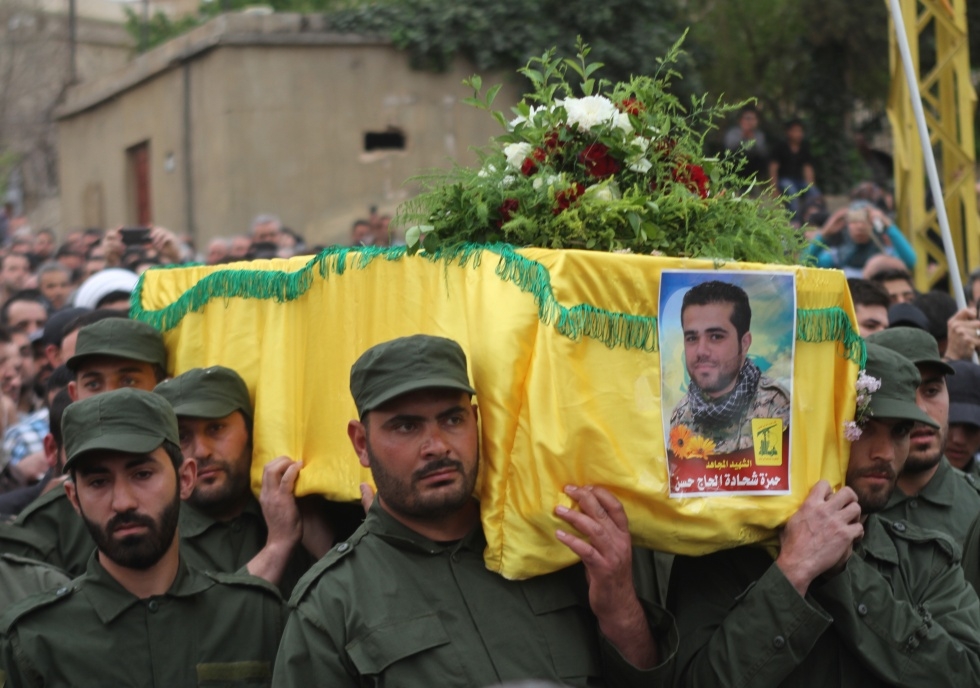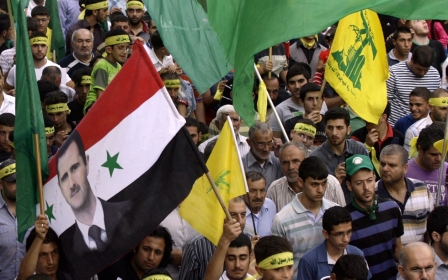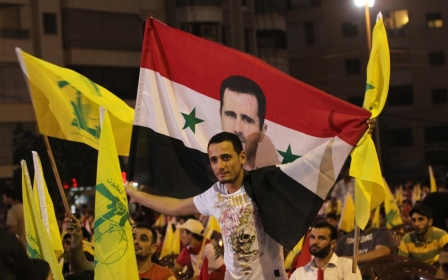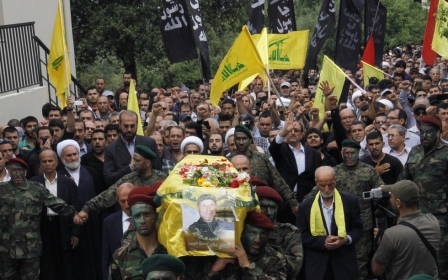Neighbours turn foes in Lebanon's Bekaa

By Mona Alami
BEIRUT - Hezbollah clashes with Syrian rebels on the outskirts of Ersal seem to be widening the divide between residents of the Eastern Bekaa town – increasingly dominated by Syrian rebels, including the radical Nusra Front – and other regions as well as the Lebanese state.
At the bottom of the rugged Syrian Qalamoun mountain chain lies the predominantly Sunni town of Ersal. The region is known historically as a smuggling route between Syria and Lebanon.
Since the beginning of the Syria revolution, politics have pushed its people away from their Bekaa neighbours, who mostly belong to the Shiite community. Ersal largely sympathises with the Sunni-led uprising against Syrian President Bashar Assad, while Bekaa Shiites support the Lebanese Hezbollah, which is currently fighting alongside Syrian government forces.
Despite the fall of Qalamoun to Hezbollah and Assad government troops in March, fighting has resumed in the Syrian region as well as the barren valley and rocky tops of Ersal in Lebanon, where rebels are also present.
“The clout of Syrian insurgents over the town has become an unavoidable reality,” says a Lebanese army officer speaking on condition of anonymity.
This week, seven members of Hezbollah died and 31 others were wounded, according to the Syrian Observatory for Human Rights. The fighters were killed in an ambush in the hills above Ersal. The rugged area is also used a rocket launch pad by rebels who frequently target Hezbollah villages in Bekaa.
“The Syrian-Lebanese border there is the soft belly of Hezbollah’s stronghold as it overlooks the Bekaa and more importantly the city of Baalbeck, which is the birthplace of the militant organisation,” says Professor Hilal Khashan from the American University of Beirut.
“Rebels, including the Nusra Front, are using Ersal to launch attacks on Hezbollah, which is self-compelled to retake the region, at a very high cost,” he adds.
The military source underlines that an estimated 6,000 Syrian fighters have found refuge in Ersal. Hundreds of opposition militants are believed to be hiding in the hills and caves above the town. Dirt tracks connecting Ersal to the Bekaa mountain tops are also used by residents to ferry aid, gasoline and supplies to insurgents.
'Ersal people have chosen to support the Syrian revolution'
Deputy mayor Ahmad Fleety admits that Ersal is paying a high price for backing the Syrian revolution. “Clashes between Hezbollah and Syrian rebels have aggravated tensions between local residents and their neighbours, and every incident is causing a backlash on the village,” he says.
The official points out that an Ersal resident, Khaled Hujairi, was wounded in nearby Laboueh after the funeral of one of the Hezbollah fighters who died in the recent battles.
However, the divide separating Ersal residents from those residing in surrounding villages dates back to the beginning of the uprising and a spate of tit-for-tat kidnappings between Sunnis and Shiites.
Relations between the two communities took a turn for the worse after four Shiites were killed in June last year near Ersal. The trend was only exacerbated when the town remained under siege for several weeks early this year, after the village became a transit point from Syria into Lebanon for booby-trapped cars targeting Shiite areas.
Ersal’s grim reality is only compounded by the town’s isolation. A small asphalt road connects it to the rest of Bekaa, and from there onward to the capital Beirut. Syrian planes frequently fly over, firing missiles into the village and the mountain tops above it. An attack this week led to the injury of seven Ersal residents.
These repetitive incidents rarely draw any complaints from Lebanon.
“Ersal is an outlying territory neglected by the government, which can explain the rise of extremism there. If Ersal residents felt they belonged to the Lebanese state, they would not be so supportive of Syrian rebels,” points out Khashan.
In addition, relations with the state have been strained by a series of incidents, the most recent leading last year to clashes between an army patrol and local residents, claiming the lives of two Lebanese armed forces members as well as one suspect who was being pursued.
The presence of over 120,000 Syrian refugees – which exceeds the local population threefold – is further straining relations with the state and other villages. “Ersal people have chosen to support the Syrian revolution, they won’t back down,” says local activist Abu Mohamad Oueid.
The deepening feeling of distrust between old neighbours now turned foes seems to be here to stay, and the fates of Ersal residents to be intertwined with that of Syrian rebels.
New MEE newsletter: Jerusalem Dispatch
Sign up to get the latest insights and analysis on Israel-Palestine, alongside Turkey Unpacked and other MEE newsletters
Middle East Eye delivers independent and unrivalled coverage and analysis of the Middle East, North Africa and beyond. To learn more about republishing this content and the associated fees, please fill out this form. More about MEE can be found here.




